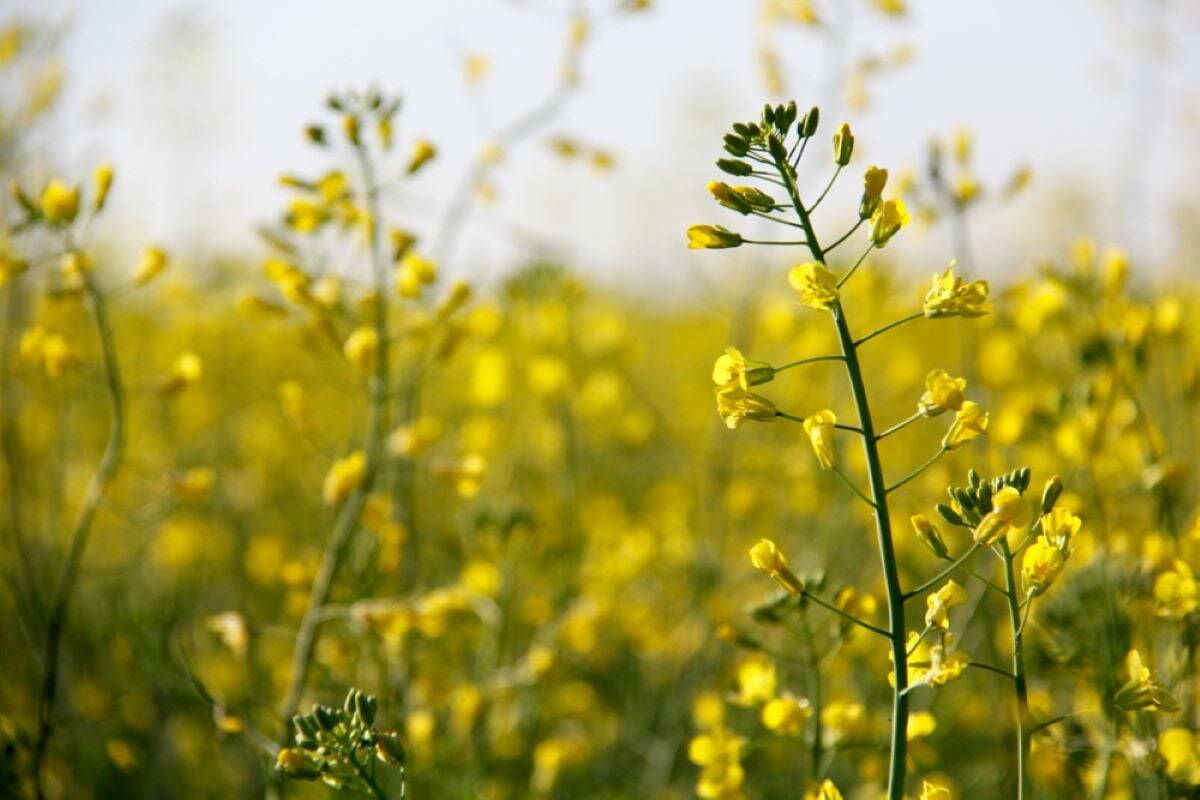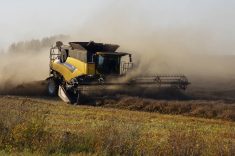Reuters — Imperial Oil on Thursday announced approval for an investment of $720 million to build Canada’s largest renewable diesel facility at its Strathcona refinery near Edmonton.
The Calgary-based company said the facility will produce 20,000 barrels per day of renewable diesel and is expected to start production in 2025.
Imperial expects regulatory approval for the project, first announced in August 2021, in the near-term.
The facility will use low-carbon hydrogen and biofeedstock combined with a proprietary catalyst to produce the renewable diesel, which Imperial says will reduce greenhouse gas emissions by roughly three million tonnes a year compared with conventional fuels.
Read Also

ICE weekly: China, soy complex lift canola prices
China’s upcoming lifting of tariffs and rising soyoil prices lifted Canadian canola values for the week ended Feb. 4, 2026.
The low-carbon hydrogen will be produced with carbon capture and storage technology and supplied by Air Products.
Imperial is developing agreements with third parties for biofeedstock supply. Jon Wetmore, Imperial’s vice-president for downstream, said the project had moved forward quickly to help secure feedstocks such as canola, which needs to be run through crush plants and turned into canola oil before being used.
“Early mover advantage does help, we’re aware at some point there might not be enough crush capacity for all the renewable diesel projects being contemplated in Canada,” Wetmore told Reuters in an interview.
Alberta is already home to canola crushing plants including those of Cargill at Camrose, Richardson International at Lethbridge and ADM at Lloydminster.
Crush capacity is expected to increase also in neighbouring Saskatchewan, where Richardson plans to double its handle at Yorkton, while Cargill and Viterra each plan facilities in the Regina area.
The Strathcona project will be partly funded by credits granted under British Columbia’s provincial Low Carbon Fuel Standard, and a “significant portion” of the diesel produced will be supplied to B.C. to help Alberta’s other neighbouring province meet its emissions targets.
Site preparation and initial construction are underway and the project is expected to create about 600 direct construction jobs.
“We view this as a neutral impact for now given the capital outlay and the long-term adoption, appreciating that Imperial continues to make strategic investments to reduce emissions from its own operations,” National Bank analyst Travis Wood said in a note to clients.
— Reporting for Reuters by Nia Williams and Sourasis Bose. Includes files from Glacier FarmMedia Network staff.
















